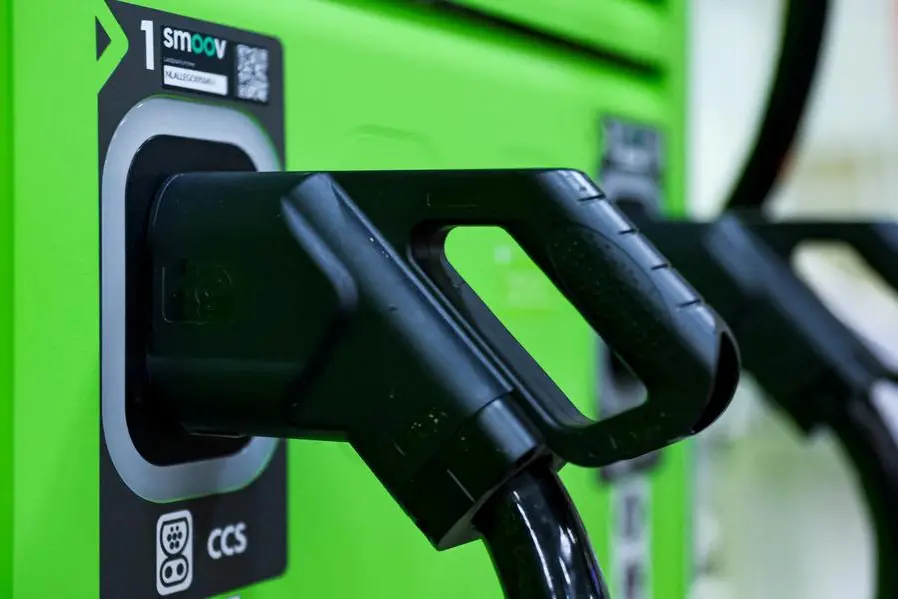South Africa is considering a range of incentives, including tax rebates and subsidies, to promote the local manufacturing and adoption of electric vehicles (EVs).
President Cyril Ramaphosa announced these potential measures during his speech at the South African Auto Week conference in Cape Town on Thursday. These initiatives aim to build a greener future and ensure that South Africa remains competitive in the global automotive market as its trading partners shift toward EVs.
Read also: Nigerian government gifts 2,000 CNG tricycles to youths for Independence Day
Incentives for local EV and hydrogen vehicle manufacturing
The proposed scheme would enable manufacturers of electric vehicles (EVs) and hydrogen vehicles to claim 150 percent of qualifying investment expenditures in the first year.
This comes after finance minister Enoch Godongwana introduced much-anticipated EV incentives earlier this year. These incentives are designed to attract investment for local production; however, they are set to take effect in 2026, raising concerns in the industry about possible delays affecting operations.
Challenges facing South Africa’s EV industry
The South African automotive industry, which generated over R271 billion ($15.3 billion) in exports last year, faces numerous challenges, including delays in finalising a national electric vehicle policy.
Industry executives have voiced frustration over the lack of a clear policy direction, slowing long-term investment decisions.
Another hurdle is the country’s underdeveloped network of EV charging stations and a 25 percent import tax on electric vehicles, which does not apply to traditional cars, further discouraging EV adoption.
Read also: Nigerian government boosts transit with 64 CNG buses
The Importance of EV Infrastructure in South Africa
In his speech, President Ramaphosa emphasised the need to develop EV recharging infrastructure and called for greater collaboration between the public and private sectors.
Without significant investment in electric vehicle infrastructure, South Africa risks falling behind other African nations, such as Egypt and Ethiopia, advancing rapidly in EV production and adoption.
South Africa’s strategy for greener transportation and global competitiveness
South Africa’s exploration of subsidies and tax rebates for electric vehicles represents a significant step towards more sustainable transportation options.
Nevertheless, the effectiveness of these measures hinges on prompt execution and the establishment of a strong electric vehicle infrastructure to facilitate broad EV adoption throughout the nation.




